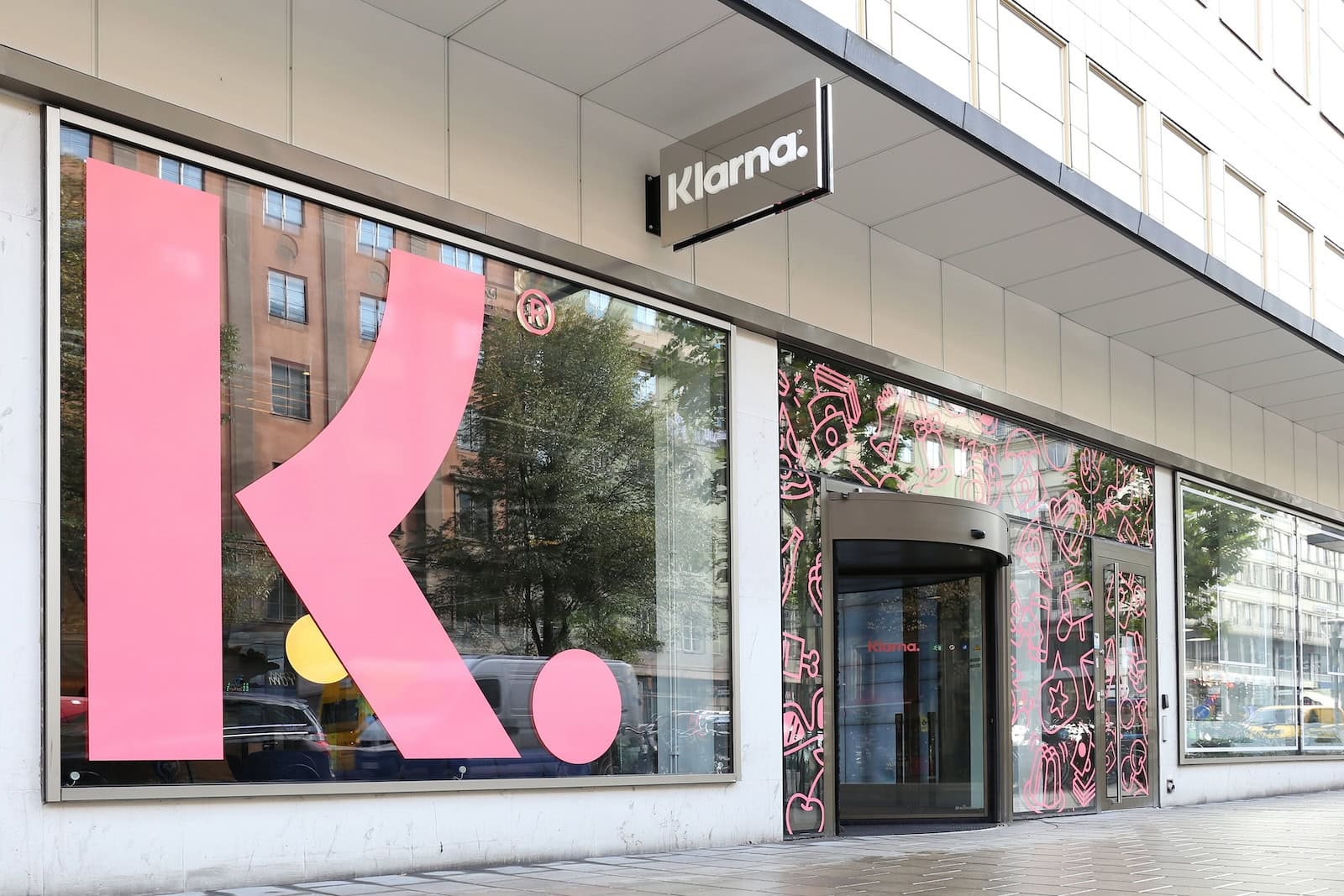
Klarna reveals which European country tops Open Banking league table
Ellie Duncan | News
19 Apr 2024
The Netherlands has topped an Open Banking league table of European countries, compiled by buy now, pay later provider Klarna.
Germany and Sweden are ranked in second and third place, respectively, with the UK securing fourth position in the ranking.
Klarna created the league table by looking at the quality of data banks make accessible, how reliable their payment system is and how stable and user-friendly the bank’s interface is, and then compiling the data on all the banks in each country to give an overall table of winners and runners-up.
Its aim was to determine “which countries and which banks are the best and which are the worst at giving access to payment services”.
Explaining why the Netherlands ranked in first place, Klarna said that Dutch customers enjoy the best user experience and easily understand the steps they need to make a payment, while banks that experience downtime or disruptions are able to resolve these issues quickly.
Finland secured fifth place in the league table, followed by Belgium in sixth, Austria in seventh, and then Spain, Poland and France rounding out the top 10.
Klarna identified that customers in France, Norway, Denmark or Ireland are most likely to have a decent user experience that supports various methods of authentication.
However, the research found that French or Norwegian banks will not redirect customers to their preferred money management or payment app directly and still ask them to go through some additional steps in their own banking environment.
According to Klarna, the best services and anti-fraud levels are available in Austria, Belgium, Germany, the Netherlands, Spain, Sweden or the UK, where the data quality is, on average, higher.
The UK is singled out by Klarna, given that almost all banks already provide more than 90-plus days of transaction history, allowing payment providers to better assess their risk and for customers to “get the best payment deal possible”.
At the other end of the table, Klarna said that “consumers in Portugal, Luxembourg or Italy don’t have it so easy”.
Its research found that Portuguese banks can take their systems offline without warning and have slow response times, making it difficult for a payment provider to offer a solid user experience, while in Luxembourg, the banking interfaces are “old and clunky”.
In Italy, Klarna reported long wait times to be informed about whether a payment has gone through or not.









